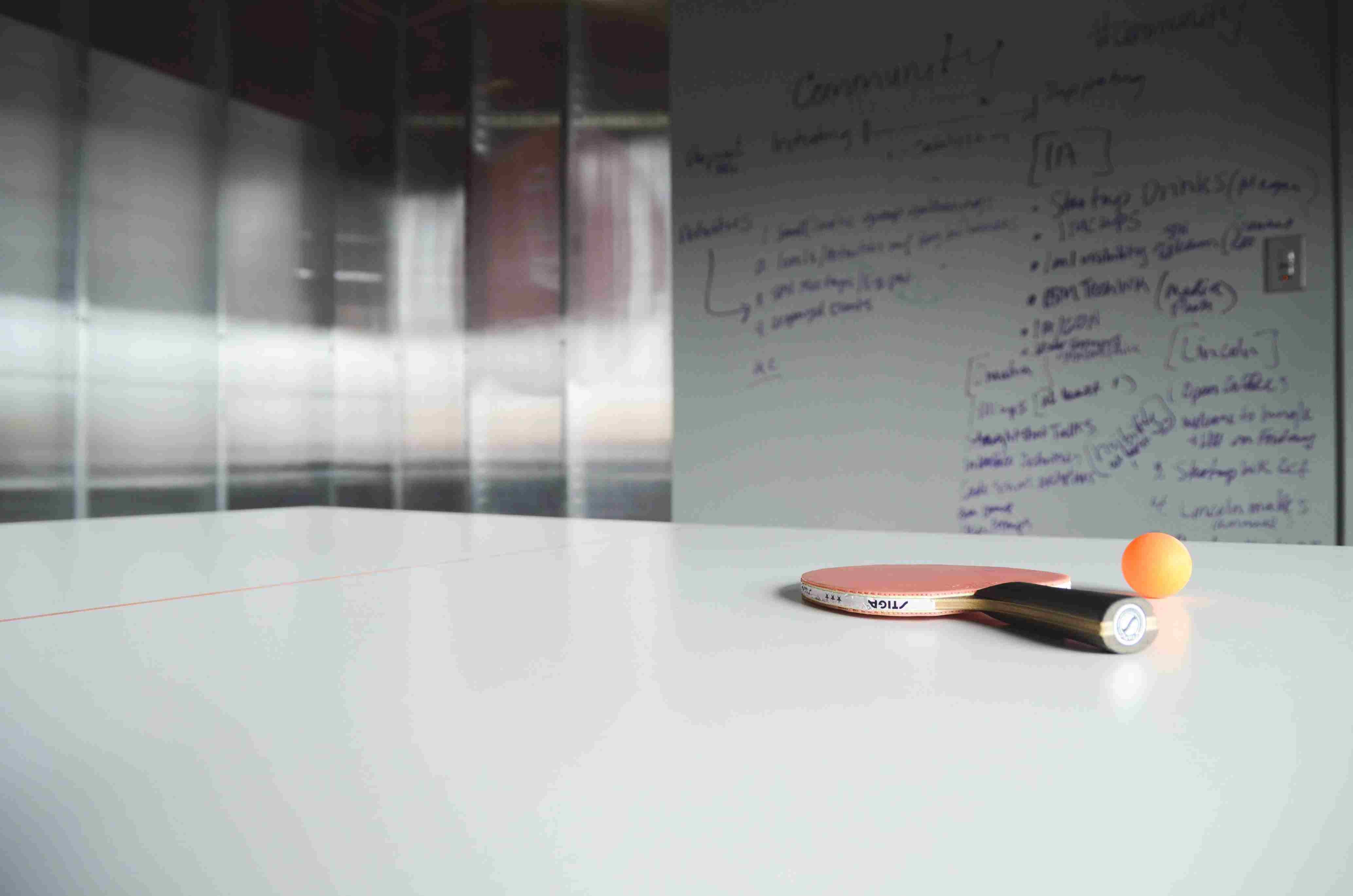 For many of us, August is the last hurrah to sally forth over to the next town and explore! It’s the month of contemplating and exploring the short-lived hanami cherry blossom season in Japan, having riotous parties in the wineries of Franschhoek Wine Valley, lazing on the sundecks of yachts around the peerless beaches of the French Rivera. At the height of summer, we want to stuff our duffel bags and grab our passports; shut off our phone, and make ourselves redundant. Hello vacation! The trouble is, traveling is easier in theory than it turns out to be in practice, especially for employees who play a vital role in an organization. There are questions of ensuring adequate coverage in the workplace, juggling multiple vacation requests from teammates around popular vacation times, unplugging during the vacation and leaving work behind, to attend to. Depending on what role you play in your organization, vacation can be a hard row to hoe than it’s worth. To help you with your packing-unpacking mission.
For many of us, August is the last hurrah to sally forth over to the next town and explore! It’s the month of contemplating and exploring the short-lived hanami cherry blossom season in Japan, having riotous parties in the wineries of Franschhoek Wine Valley, lazing on the sundecks of yachts around the peerless beaches of the French Rivera. At the height of summer, we want to stuff our duffel bags and grab our passports; shut off our phone, and make ourselves redundant. Hello vacation! The trouble is, traveling is easier in theory than it turns out to be in practice, especially for employees who play a vital role in an organization. There are questions of ensuring adequate coverage in the workplace, juggling multiple vacation requests from teammates around popular vacation times, unplugging during the vacation and leaving work behind, to attend to. Depending on what role you play in your organization, vacation can be a hard row to hoe than it’s worth. To help you with your packing-unpacking mission.
we’ve combed through a list of compelling reasons to make it easier for you to bear another few weeks without a vacation:
Leaving when the exigencies demand otherwise. When your team is tinkering away on a crucial project, and customers and investors pin their faith on you, leaving the team behind for a week of surfing in Cape Town is a super-bad move. Moreover, if you’ve got any frenemies, they’re going to pounce on any opportunity your absence provides to use it to their advantage. Oh, and if you have a boss who scowls even at the slightest hint of a week-off, you’re going to be in big trouble. Who knows, your travel back might exactly bring cheers, but a termination notice? You love Monday’s. You love your work. Millions worry that they’ll never land their dream job. You’re one of the few who’ve found passion in their work, are truly satisfied and truly appreciate your work. You become a bundle of nerves when you’re idle and find it unsettling when you’re told to relax. That you, you love your job. You know, you’re just an email away, even in the sultry Andalucian city of Seville. The thick line between work and life seems to be obliterating in the hyper-connected world, which means that if you’re important at work, you’ll be bulldozed into making decisions, reading reports, juggling emergencies while you’re soaking in a bubbling hot tub. Pretend that you’re out of reach, and you end up coming home to find a huge mess that requires more time and efforts to fix. Splashes and dances at pool parties in Ibiza will have to wait. Still not convinced? Travel burnout. There, we said it. Travel burnout is real, it can take off the once-dazzling sheen of exciting globe trekking. If you’re one of those people who fill every second of their vacation with activities and sightseeing, you’re missing actually missing out from the point: relaxing and unwinding. The pat-down that you’ve had to endure after can be a major drag, and you’ll only return from work looking burnt out and completely exhausted. An often unacknowledged challenge companies often face is the impact of fatigued employees in an organization – absenteeism, diminished productivity, anxiety, and depression. You don’t want to come back from a vacation with increased fatigue, making yourself less productive. Oh, and let’s not forget the most unpleasant malady: Montezuma’s revenge. We’re not against the idea of unplugging from work. Cutting vacation time can be detrimental to both organizations and their employees. It’s vital that you detach from work, take some time-off to recover from job stress, and exhaustion. Remember, detaching from work enhances productivity. Moreover, cutting vacation time can be detrimental to both organizations and their employees. If you’re working on a super-important project lean on mini-breaks/micro-breaks to leave your everyday stresses behind. You can do this by engaging yourself in a hobby you enjoy, exercising, and experiencing nature with a hiking trail. If you’re at work, and the project demands more than 12 hours of your time every day, you can count of micro-breaks, listening to music, spending 30-45 minutes of your lunch time in a café nearby. On weekends, you can make sure you use your weekend break optimally. Don’t just spend time all of your time on Netflix, engage yourself in active leisure, hobbies, exercise, going out with friends and family.





